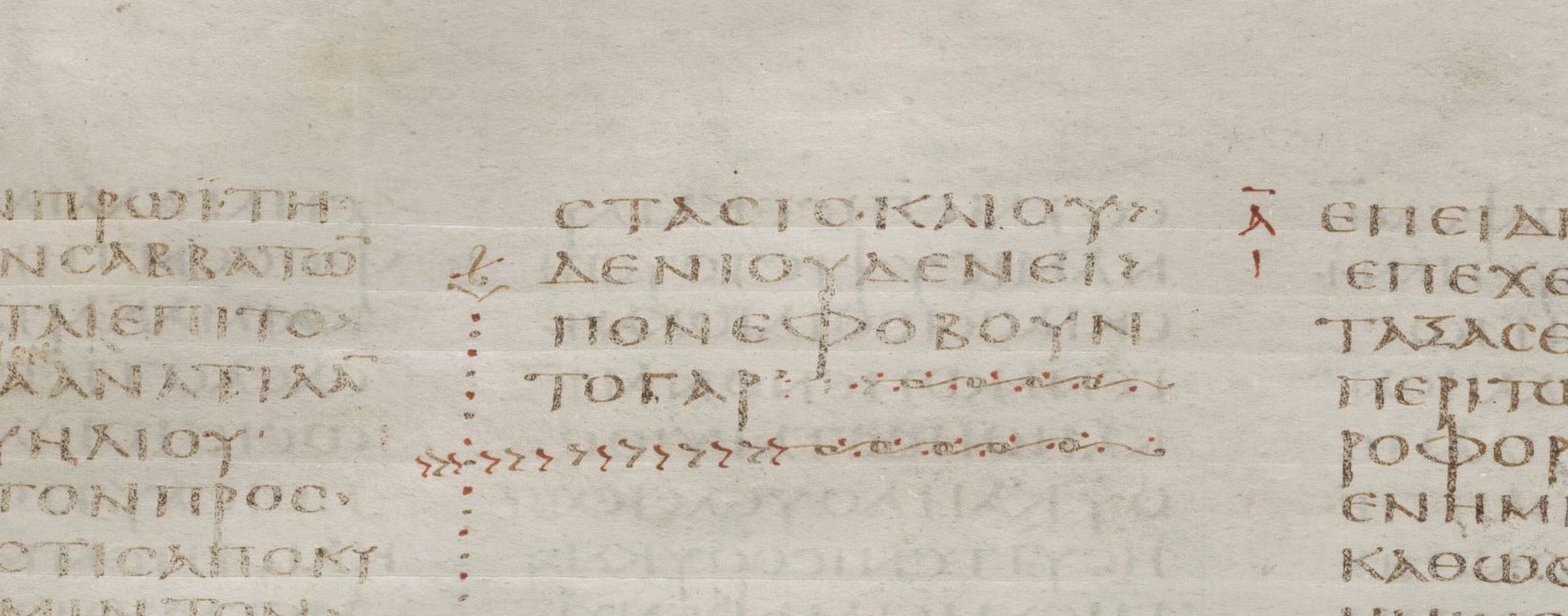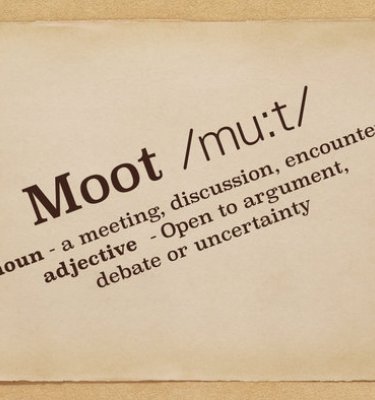Join us for four informative sessions in the Old Library with Dr Mary Marshall and the Revd Dr William Lamb on how to read the canonical gospels within their historical, social, and religious contexts.
Matthew
Sunday 21 October 12.00-13.00
Dr Mary Marshall will begin our sessions with the first canonical gospel, Matthew. This gospel contains some of the best known passages in the New Testament, including the Sermon on the Mount, but who was Matthew? Why does his gospel come first in the New Testament canon? Who was he writing for? These are some of the questions which we will explore in this informative session in the Old Library.
Mark
Sunday 28 October 12.00-13.00
Dr Mary Marshall will offer some insight into the origins of the gospel tradition and the earliest canonical gospel, Mark. With its breathless pace, 'and immediately', and its sense of the imminent return of the Son of Man, this gospel speaks of the precariousness of the early Church and the cost of discipleship. So why did Mark write?
Luke
Sunday 4 November 12.00-13.00
Dr William Lamb will lead this session on the third gospel. A companion of Paul, Luke presents 'an orderly account' of the ministry of Jesus, alongside his other work, the Acts of the Apostles. With a sophisticated use of imagery and language borrowed from the Old Testament, Luke assures Jews and Gentiles of the promise of salvation. Luke is a consummate story-teller, and we will explore the parables which dominate his narrative.
John
Sunday 11 November 12.00-13.00
Dr William Lamb will lead this final session on John's gospel. Described by Clement of Alexandria as the 'spiritual gospel', it presents a distinctive picture of Jesus Christ. John's chronology differs from the 'synoptic tradition'. Why is this? What was John attempting to do?

